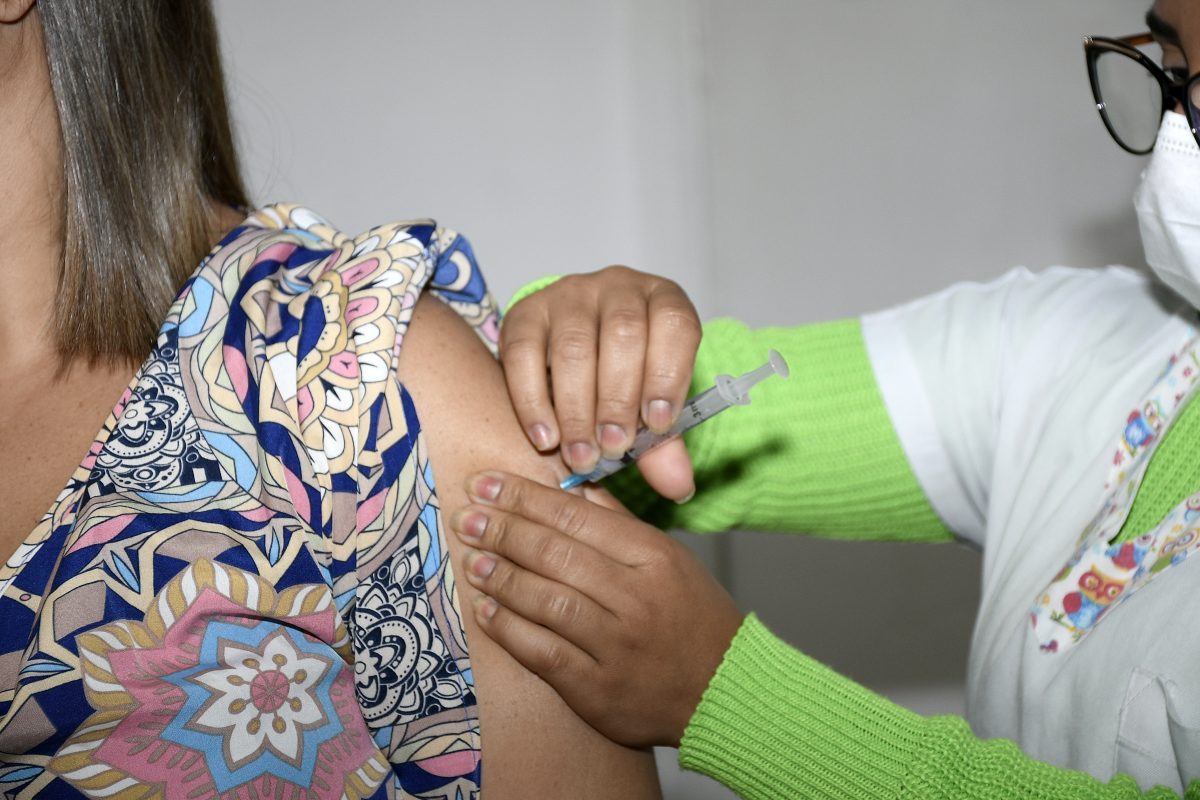OPINION: An alleged gay serial killer in Canada again raises difficult questions around relations between gay communities and police

Toronto police have charged Bruce McArthur with the murder of (L-R) Soroush Mahmudi, Majeed Kayhan and Dean Lisowick (Photos: Toronto Police)
Police in Toronto announced yesterday they were charging Bruce McArthur with three further homicides.
They first charged McArthur, 66, a local landscape gardener, a couple of weeks ago with the murder of two gay men who disappeared in 2017.
Despite not locating any bodies at the time, police expressed confidence in bringing charges. They also said more victims might emerge.
That fear became a reality yesterday when they announced that they had found three sets of skeletal human remains in planters at locations connected with McArthur. He is now charged with five murders – all men who have gone missing in the last eight years.
Unprecedented
This is now turning into an unprecedented serial killer investigation in Canada. It’s one that has unsurprisingly unnerved the local LGBTI community.
‘Next time our community says there’s a serial killer in our midst, fucking listen,’ commented one person on Facebook under footage of the police press conference on Facebook.
They were referring to the fact that many in the LGBTI village have been troubled by the disappearance of men in the last few years – to the extent of organizing their own searches and campaigning for the police to do more.
Of course, police can only go on evidence. Toronto police chief Mark Saunders said at a press conference in December he had no evidence of any connection between the then missing men, or that foul play was involved.
Many on the gay scene suspected otherwise. As local journalist Justin Ling expressed it in a piece summing up local frustration last year: ‘People don’t just disappear.’
Stephen Port
Hearing about the investigation into McArthur, I couldn’t help but be reminded of the Stephen Port case in the UK.
Port was sentenced to life imprisonment in 2016 after being found guilty of the murder of four men and the rape of several others. Port met his young victims via hook-up apps and dating sites. He would invite them to his East London flat and drugged them with GHB.
He would leave their bodies in his local neighborhood. Three of the men were left propped up in the same churchyard.
Police at first regarded the deaths as being due to accidental overdose and concluded there was no link between them. This was despite the protestations from friends and families of the men that they didn’t believe their loved ones would have died in this way.
Many in the local LGBTI community were angry that police were seemingly quick to dismiss the deaths of young gay men as simply being due to drug misadventure. The Met Police were strongly criticized for missing opportunities to have investigated and stop Port sooner.
Difficult questions for police
Of course, there are many differences between the cases of Port and McArthur. In London, police found bodies but didn’t realize then men had been murdered. In Canada, police had no bodies – simply missing people.
It’s believed McArthur knew or had relationships with some of the men he is now suspected of killing.
But there are also similarities. Both cases involved gay/bi men. For many straight people, gay male subculture – whether it involves hook-up apps, cruising grounds, drugs or the closet – is an alien culture. Joining the dots or making connections may not be as obvious when it comes to investigating such cases.
In both instances, those in the gay community raised their concerns with the police. Both expressed frustration their concerns were not addressed quickly enough.
Authorities in Canada say they undertook a slow and methodical investigation. McArthur’s trial will no doubt reveal more about that investigation. But the case also raises questions.
I hope police in Toronto locate and identify all the missing men McArthur is alleged to have killed. But I also hope they didn’t miss any opportunities to investigate McArthur sooner.
Fonte. https://www.gaystarnews.com/




Nenhum comentário:
Postar um comentário